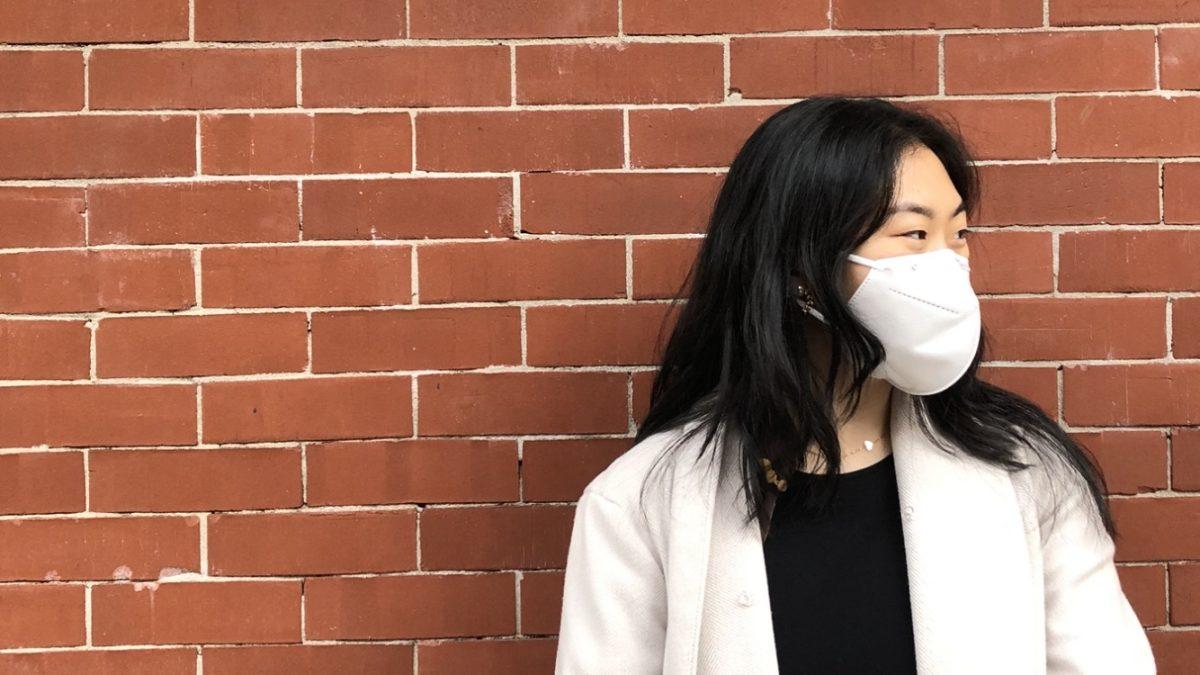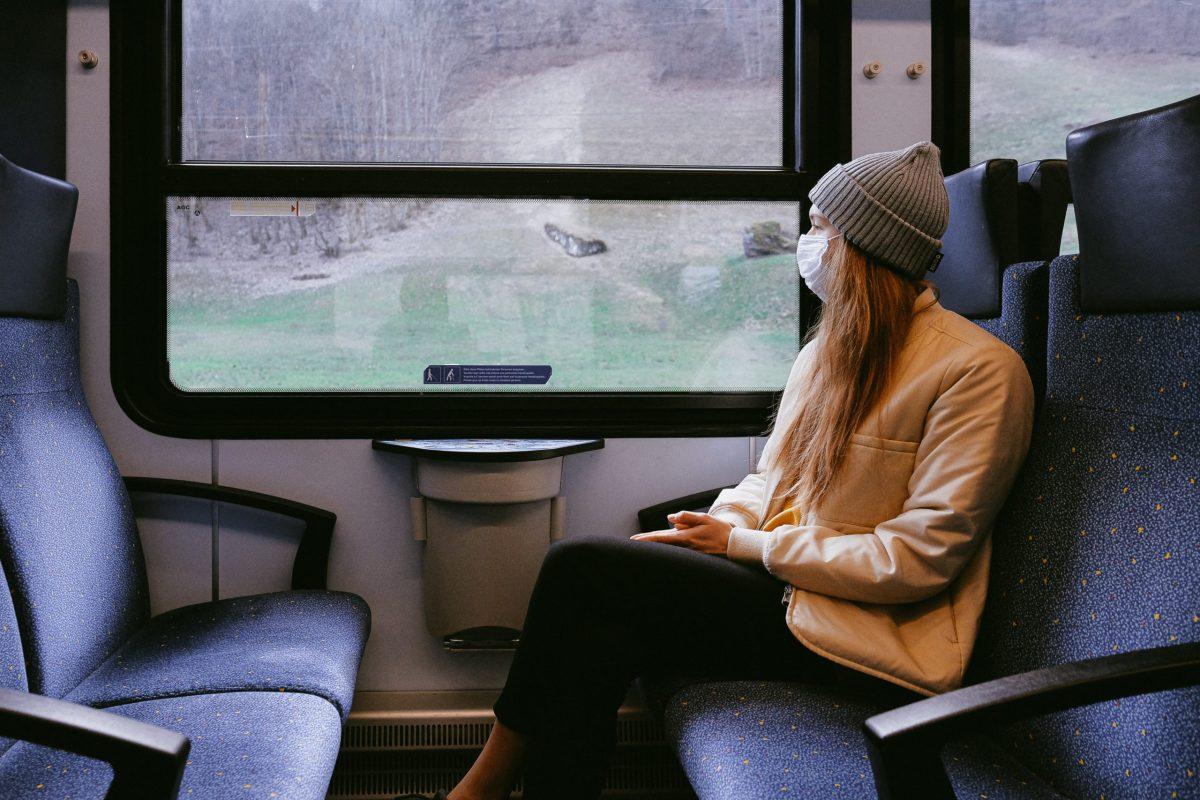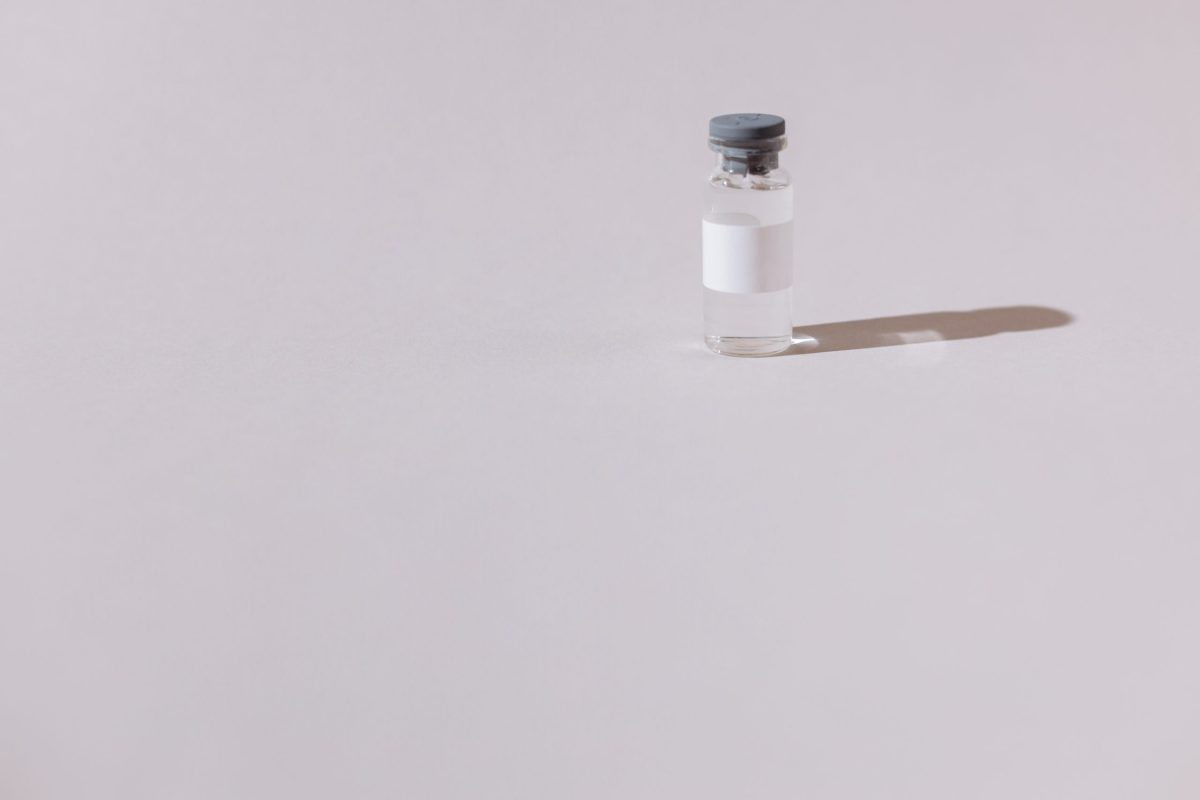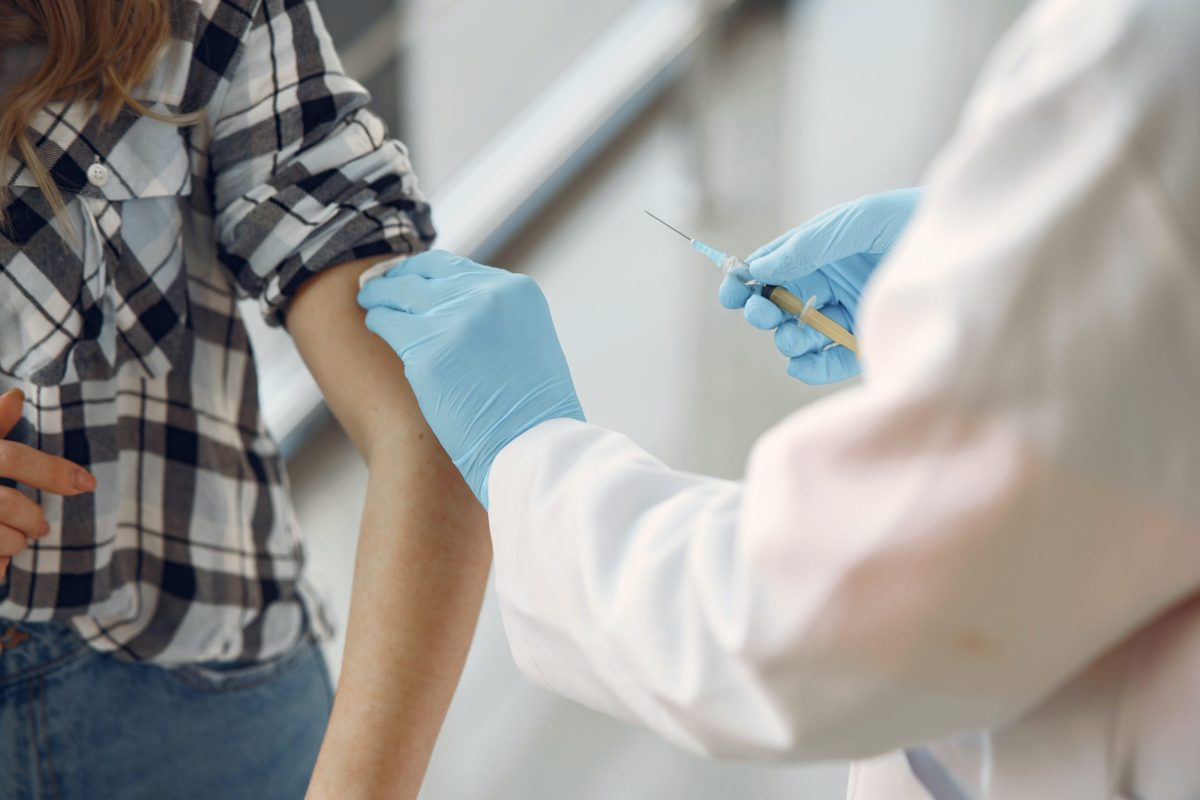On March 10, NJIT President Bloom announced that the rest of the Spring 2020 semester, starting from the end of Spring Break, would be online. Since then, classes have been online with the option of being pass/fail, all sports have been cancelled, most residents were told to move off campus and we have all worked to adjust to a new normal in a world afflicted with COVID-19.
While students enjoyed the week away from school and the last glimpses of normality before the state began to implement stricter stay-at-home orders, NJIT professors were instructed to retrofit their courses into online classrooms.
Professor Michael Zeugin of the Humanities Department said, “Almost every professor, I would think, who wasn’t teaching online spent their entire Spring Break changing courses over to some form of online teaching. I was also fighting disturbing COVID symptoms during Spring Break.”
“The workload was substantial,” Zeugin continued, “because all the courses needed to be converted into online courses… and my goal there was to replicate the course as closely as possible to what it was before the switchover to online. And the thinking there is that students have enough disruptions in their lives from the whole shift, so if I could maintain classes that seemed like we were getting together in the classroom that might be some sort of stability.”
In a March 31 update, Vice President and Provost Fadi Deek stated, “In preparation for the online move, NJIT acquired over 150 devices to help faculty teach, including document cameras, tablet laptops, and drawing tablets. More than 100 of these devices have already been distributed. In total, 30 computers have been delivered to students who do not have access to computers.”
Students moved to webcast systems like Zoom and Cisco WebEx, and many took exams through online proctoring systems such as ProctorU and LockDown Browser. Several common exams had issues with these proctoring services, with the systems not being able to hold such a volume of users at once and with some students having connectivity issues.
Many summer internships and research opportunities have been cancelled over the summer, while some internship providers have switched to online with the possibility of switching to in-person later in the summer. Vanshika Shah, a sophomore Computer Science major, had her internship cancelled. She said, “I mean I know these are tough circumstances but I still wish the projects could still be virtual, but I still have an internship for next year so my situation could be way worse.”
John Town, a junior Civil Engineering major, said “My summer internship with WSP was supposed to start May 26 but was delayed until June 15. The internship will begin at home and they are sending me a laptop to use for the job. The timetable to return to the office remains unclear, but they remain committed to having an internship program.”
Collegiate sports were shut down and all spring sports seasons were cut short. Paul Franzoni, a member of the Men’s Baseball team and a junior Business major, said, “When the news came in that the season was cancelled, all the guys were devastated. We worked all year long to be in the position we were, and to have it end so abruptly was tough.”
However, the NCAA Division I Council Coordination Committee announced on March 30 that spring athletes will gain an extra year of eligibility. Colleges will also have access to the NCAA’s Student Assistance Fund to pay scholarships for athletes who return for an extra year.
“I would love to come back for an extra year,” Franzoni said. “The extra year is useful for that, and also if you want to pursue your Masters degree and still play baseball.”
Though most students are at home, some have stayed on campus for a variety of reasons. Junior Math major Nadiya Stakhyra said, “Campus life is completely dead. The only people I see are the ones walking to and from GDS and the people on line to get food from GDS. Only GDS is still open. They serve food twice a day from 11-1 and from 4-5:30. You basically stand in a line 6 feet apart and then tell them what you want off a VERY limited menu.”
Sreya Sanyal, a sophomore Biology major, said that “life on campus is pretty dead, there’s basically no one here so I honestly don’t see people at all. GDS is still open but that’s it, all other buildings are closed or not accessible by swipe.”
On the positive side, Sanyal said that “NJIT Wi-Fi is much more stable than my home Wi-Fi, so for example when there was a massive storm … during my mammphys [mammalian physiology] exam, I never lost power or internet, but I know people in my home region of South Jersey lost both during the exam time.”
Many students, however, have been doing more than practicing social distancing to help during the pandemic. Constantine Baltzis, a senior Biology major, is an Emergency Medical Technician (EMT) and has been working an average of 75 hours per week between his job at Lodi EMS and his volunteer work as Sergeant of Lyndhurst Police Emergency Squad. “It’s been different,” Baltzis said, “we wear Tyvek suits, we enter the house in gowns.”
“I’m a lot more tired,” Baltzis continued, “we’re seeing vital signs that shouldn’t exist.” However, he said that “it’s a good feeling to be helping in a time of need.”
One of issues with such an unprecedented pandemic is that protocols change often, according to Baltzis, and it is worrisome as EMTs become unsure if the current protocols do in fact ensure safety. This is especially the case when some patients have not been following social distancing guidelines.
“It’s upsetting when you go to a house and see a party going on there,” he said. “I worked Easter and I think that was my most frustrating day.”
The Albert Dorman Honors College hosted a competition for students to make masks and face shields for the Lyndhurst Police Emergency Squad. Greg Tanis and Laura Gould won the competition, making over 600 masks and face shields.
A group of students started the CommonHealth Project, an initiative to bring raw materials for face shields to volunteers and bring the finished products to hospitals.
One member of this initiative, sophomore Biomedical Engineering major Parth Agrawal, said “We saw that there’s a significant need for PPE [personal protective equipment], and we had a DIY design that you could construct in a minute. But it’s difficult to mass produce in quarantine—assembly lines are too risky. We thought, there are a bunch of people sitting at home who want to help out with the pandemic, how can we get materials to and shields from them?”
The system works by having distributors order bulk supplies with donated funds and then split them into 10-shield construction kits. Drivers then pick up kits from the distributors and perform a contactless delivery to constructors who make the face shields. The constructors leave completed face shields on their driveways, and drivers bring them to hospitals. Everyone in this chain is a volunteer.
“We just wrapped up Round 3,” Agrawal said. “Round 1 was a pilot in Montville with just 50 shields to test our design and our system. We got lots of feedback and refined the design, but found the system to work perfectly. Round 2 was Bergen and Morris County, 500 each for a total of 1000 shields delivered. It went off without a hitch. Round 3 was 2000—1000 in each county. Also went very smoothly.”
The team has currently delayed their fourth round until after final exams finish, but they plan to send out another 1,000 masks when they return. The next counties that the group has in their sights are Essex, Union and Middlesex.
“This is going to take probably four-ish weeks to really scale up. If by some miracle our hospitals have their needs met by industrial production and the dreaded second wave doesn’t cause problems, we’re looking to donate the shields to overlooked facilities like first aid squads or nursing homes” Agrawal said.
“The sad and ironic part is,” he continued, “we really shouldn’t exist. We hope that industry kicks in enough that there isn’t a need for us anymore. The only reason we exist is because something was broken—our country, our government, and our industry failed our healthcare workers.”
As for the future of campus reopening, the NJIT Pandemic Recovery Plan was released on May 5. The 20-page document highlights various proposals for the Fall 2020 semester and how NJIT will deal with the increased risk of virus exposure.
One of the main ideas presented is that of converged classrooms. As the plan states, “converged learning creates an anywhere classroom that invites students to converge to the instructor’s location, whether in class, at home, or even at a coffee shop.” This allows some in-class and some remote participation, while also keeping the community ready in case a spike in cases requires a reversion back to online-only classrooms.
All campus activities are to be planned with social distancing in mind, and organizations are encouraged to stay active online. Residence halls could potentially limit residence to one person per room, with price rates increasing to offset revenue loss. However, the document states that it is dynamic, and it “will develop and evolve as we move towards recovery.”
Evidently, much of the future of NJIT is in limbo right now. However, it has and will continue to benefit significantly from the patience and major creativity from student athletes, student volunteers, teachers and administration.
Pradnya Desai contributed reporting to this story.






























